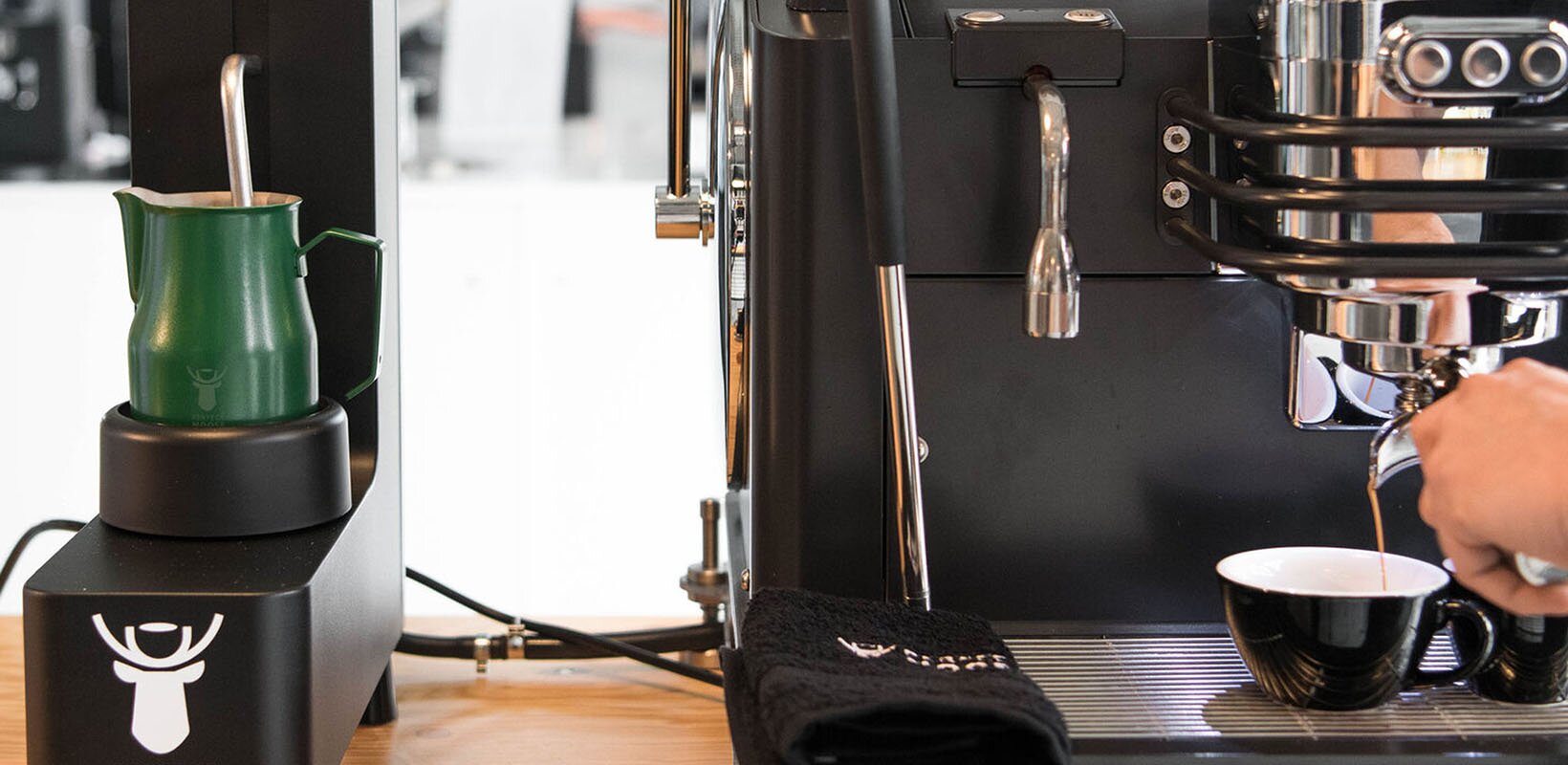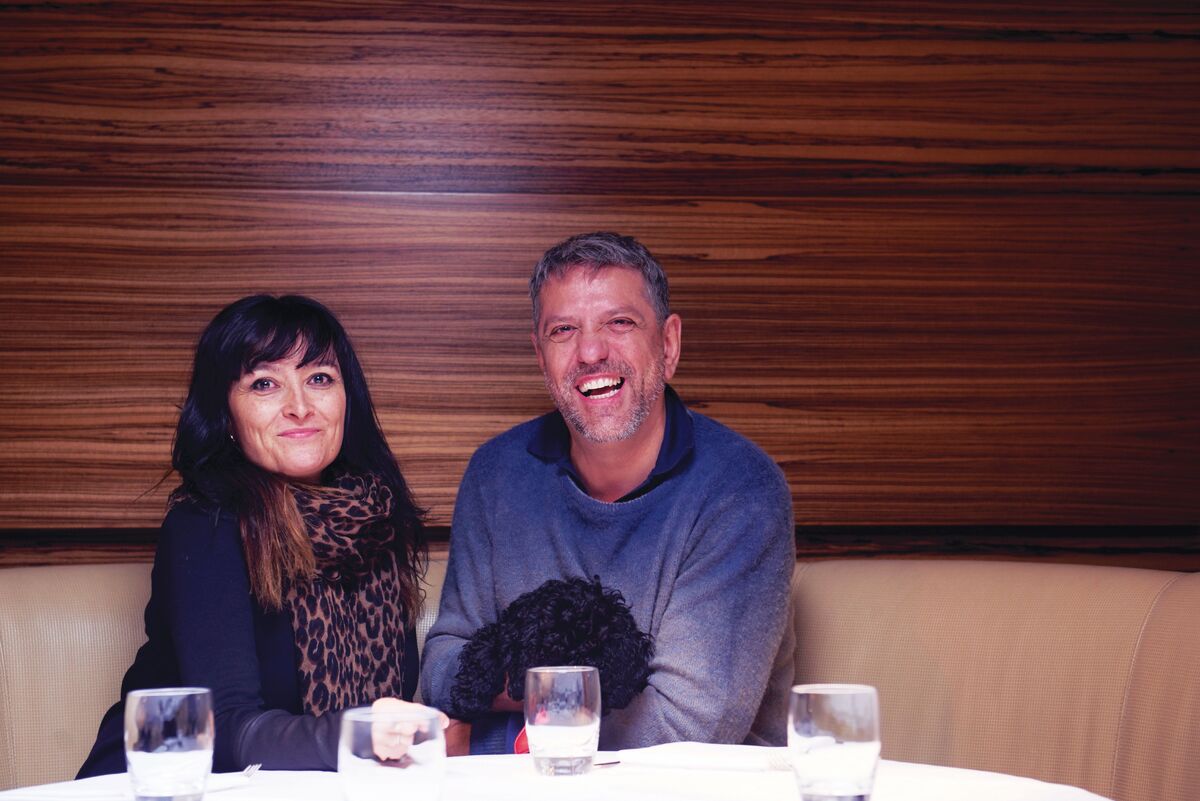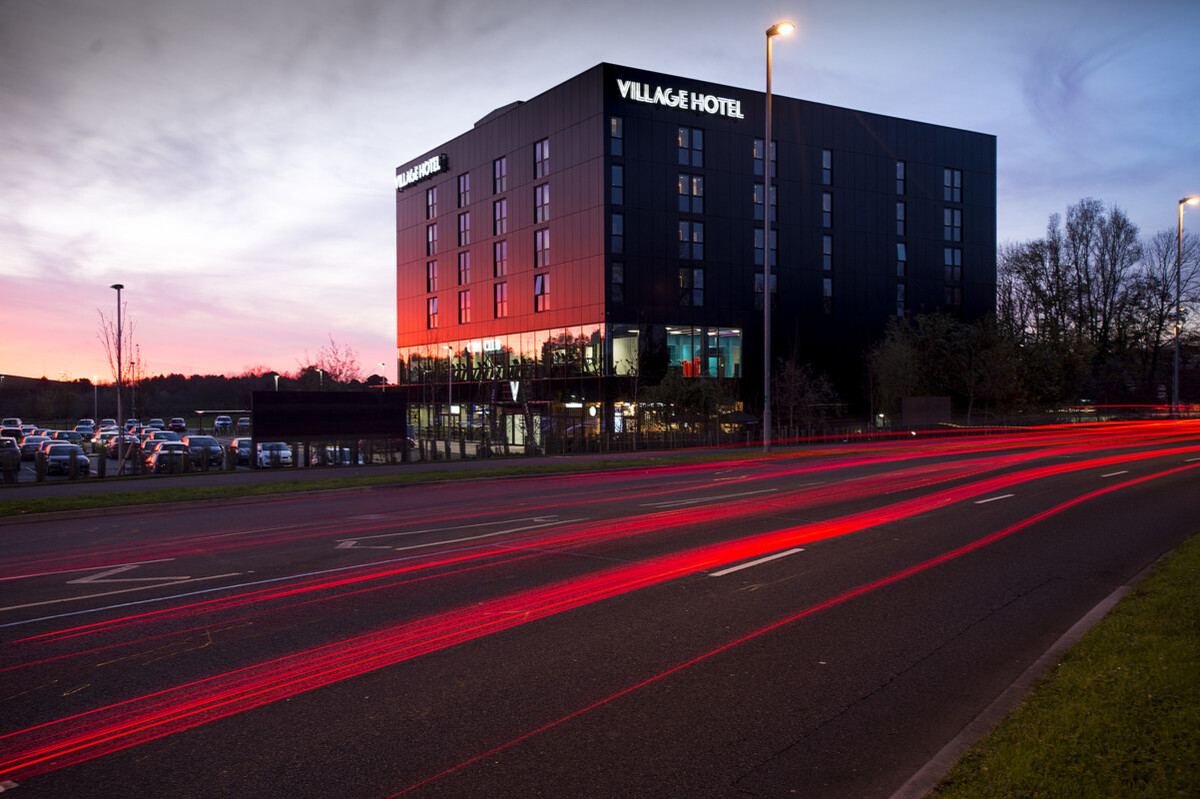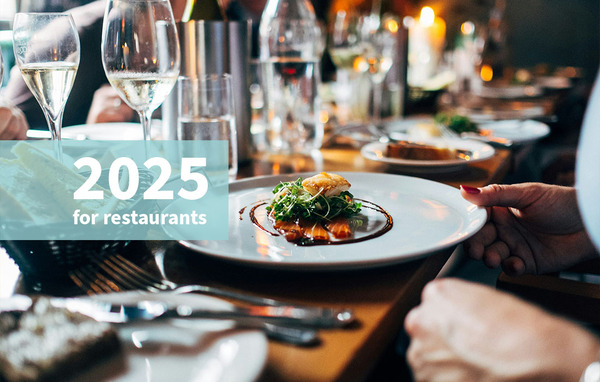High-tech coffee machines are easy for staff to operate
Coffee machines are offering ever-finer degrees of precision over the level of grind and frothiness of milk, that it’s easier than ever for any member of staff to operate
Coffee machines are offering ever-finer degrees of precision over the level of grind and frothiness of milk, that it’s easier than ever for any member of staff to operate
The sheer scale of high-tech equipment now available to the coffee operator is impressive, with big advances made in energy-saving, programmable features and information systems.
“The main drivers in beverage machine innovation are improved energy efficiency, better cleaning methods and connectivity,” says Andy Threlfall, technical director at the Foodservice Equipment Association. “Manufacturers have been improving energy efficiency using a variety of methods, such as smaller boilers and improved insulation to reduce heat loss. Another significant growing feature is connectivity, with manufacturers providing telemetry to monitor the use and performance of a beverage system remotely.”
Energy saving is a major feature of the new S10 from La Spaziale, says Steve Penk, managing director at the Brew-It Group, and the man who introduced the brand to the UK.
“La Spaziale was built around energy efficiency back in the 1960s, and has long been talking about the small amount of electric it needs in comparison to other manufacturers’ equipment. With the steam from the main boiler providing the heat source for the heat exchanger for espresso extraction water, there are several models that work on or around 3Kw.
“The new S10 has an eco mode, which lowers the boiler temperature during downtime, but keeps the boiler at 80ºC when not under pressure. This reduces the power because it is not keeping the boiler under pressure for no reason. When needed, it can heat up very quickly.”
The La Cimbali brand recently launched its M40 espresso machine with a big focus on energy saving. A new ‘instant thermal system’ is claimed to offer significant energy savings, suggested as up to 75%, both in use and when waiting for use. The system is made from recycled and recyclable materials – 44% recycled and 94.4% recyclable.
Power down
The concept of only using energy when it is actually needed applies to the very new Unic Stella Epic, a French ‘super premium’ espresso machine that has just arrived in the UK. This is a multi-boiler machine in which thermal stability is managed precisely by pressure transducers and thermal sensor. The technology intelligently controls the distribution of heat between the different heating elements and uses power on only the parts of the machine where it is needed.

Modern machines provide baristas with control over every aspect of the brewing process, says Brian Williams, sales manager Farrer’s, which claims to be the UK’s oldest coffee roaster.
“The development of programmable coffee machines has changed the relationship between the barista and the machine. Systems like the one in the San Remo Opera allow the barista to create individual pressure settings, dosage, brew temperature, water volume and so on. These can be created for different beverage formats or even for specific coffee varieties, and saved to be used when needed – all the barista has to do is click on the profile they want and let the machine do the rest.
“Such machines are highly energy efficient because they are so totally controllable, allowing for savings of up to 40% when set to low energy mode.”
Fine grind
Such assistance extends now to the management of grinding, notes the well-known espresso engineer Richard Norman of Mad About Coffee. He observes that coffee specialists know grinding to be a vital aspect of brewing good coffee, but that general bar staff rarely appreciate their grinder should be constantly checked.
“Machines are now able to co-ordinate with their grinders, taking out some of the errors or omissions caused by baristas. There are machines in which every third espresso is automatically checked, and if there’s any variance, it will automatically adjust the grinder.”
An astonishing development has arrived from the famous brand Mahlkönig, which calls its Omnia ‘a new era in grinding’.
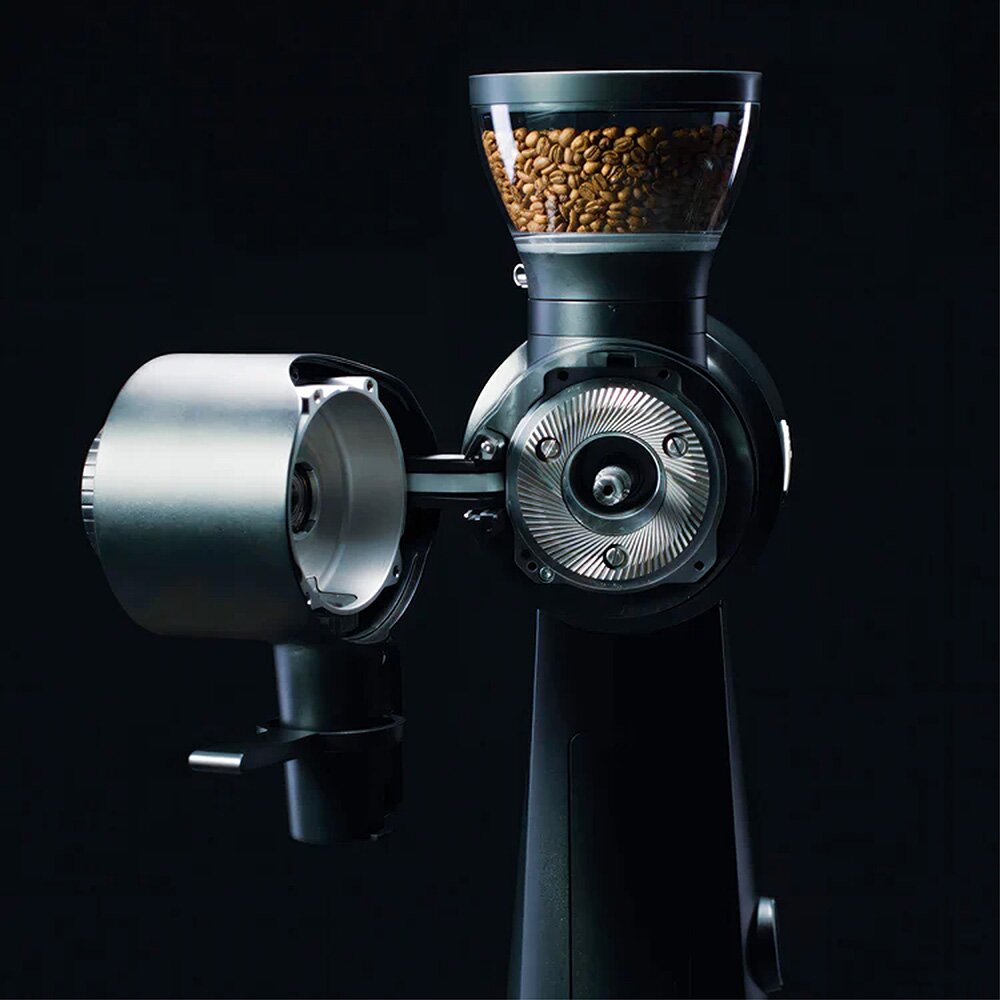
The EK Omnia grinder has a ‘library mode’, which means that the barista can programme and save the precise grind requirement for each coffee they use, down to the exact burr distance in microns and a precise grind time; a front-facing LED screen is used to set ‘ultra-precise micro-adjustments’ of grind size.
This, says the brand, eliminates any guesswork by the barista, and is far more precise than the ‘click’ adjustment of simple grinders. When a recipe is selected, the EK Omnia instantly fine-tunes to the chosen parameters.
Surprisingly, a similar facility is now available in milk frothing and steaming. Simple auto-frothers are nothing new, but the Perfect Moose is a Belgian invention which allows the barista to programme hands-free steaming for different kinds of milk.
The secret is in the milk jugs. They have a programmable RFID feature in the base, and the barista can set each jug to the foam density and temperature required – the machine recognises the settings and steams accordingly. Typically, a barista might set up one jug for full-fat cow’s milk, another jug for plant-based milk and another for hot chocolate. More jugs can be set for the different kinds of steaming needed for different drinks – and if there is too much or too little milk in the jug, the machine sends an alert.
Fresh filters
A bar manager can now use technology to monitor the standard of brew water, says Espresso Service. A familiar situation which exasperates all suppliers in the beverage sector is that while many venues realise the importance of having a filter on their incoming water supply, very few remember to replace that filter regularly. Many filters are forgotten about and stay in place long after their efficiency is exhausted, and in some cases filters are replaced too early, which is simply a waste of money.
“The water quality from nationally-sourced supplies does vary, and external contaminants have an impact on the flavour of your crafted beverage,” explains Espresso Service managing director Louie Salvoni. “The quality of water in just one area can change over time, meaning that your initial filter setting may become incorrect during the filter’s life-span. The water filter itself will deteriorate over time, which can also have an effect – but in your business, who is keeping track of all of these variables?
“The traditional catering solution is install a filter and mark a date on your calendar to change it after what is usually an approximate guesstimate, such as 12 months... and then you hope that your filter can handle any fluctuation in the standard of the water coming in, and that it will not wear out too early.
“Our Hydracs will now inform you of any variations in your brew water. It uses a flow meter and ‘total dissolved solids’ monitoring of elements in the water, to accurately determine when a water filter should be changed, based on volume and quality of water passing through it. It monitors the state of incoming water, alerts you to any changes, and then forecasts the depletion and exhaustion rate of the filter.”
For operators handling several sites, there is a new purpose-built telemetry unit which collects data from remote vending and coffee machines and transmits the collected data for the operator to see through an app or from a desktop computer.
“Without even recognising it, we live in a world where telemetry and internet of things gadgets are commonplace,” says Salvoni. “In partnership with one of the industry pioneers, Vendon, we help clients monitor their machine estate by providing telemetry, and we show how this can simplify management by providing data for inventory, error reporting, preventative maintenance, payment systems, temperature monitoring, sales analysis, business intelligence, route planning and more.
“We embrace the concept of a 365-day support process, with reports on how we have kept machines working and revenue flowing.”
The problem with teabags
There have been many attempts to overcome the problem of teabags in a catering situation: how long should it infuse for, and what to do with the spent bag. The latest idea is the Teapy T-4-1 system, which inventor Roland Hill says is already in use in Britain’s most famous motorway service area, the privately-owned Tebay site on the M6.
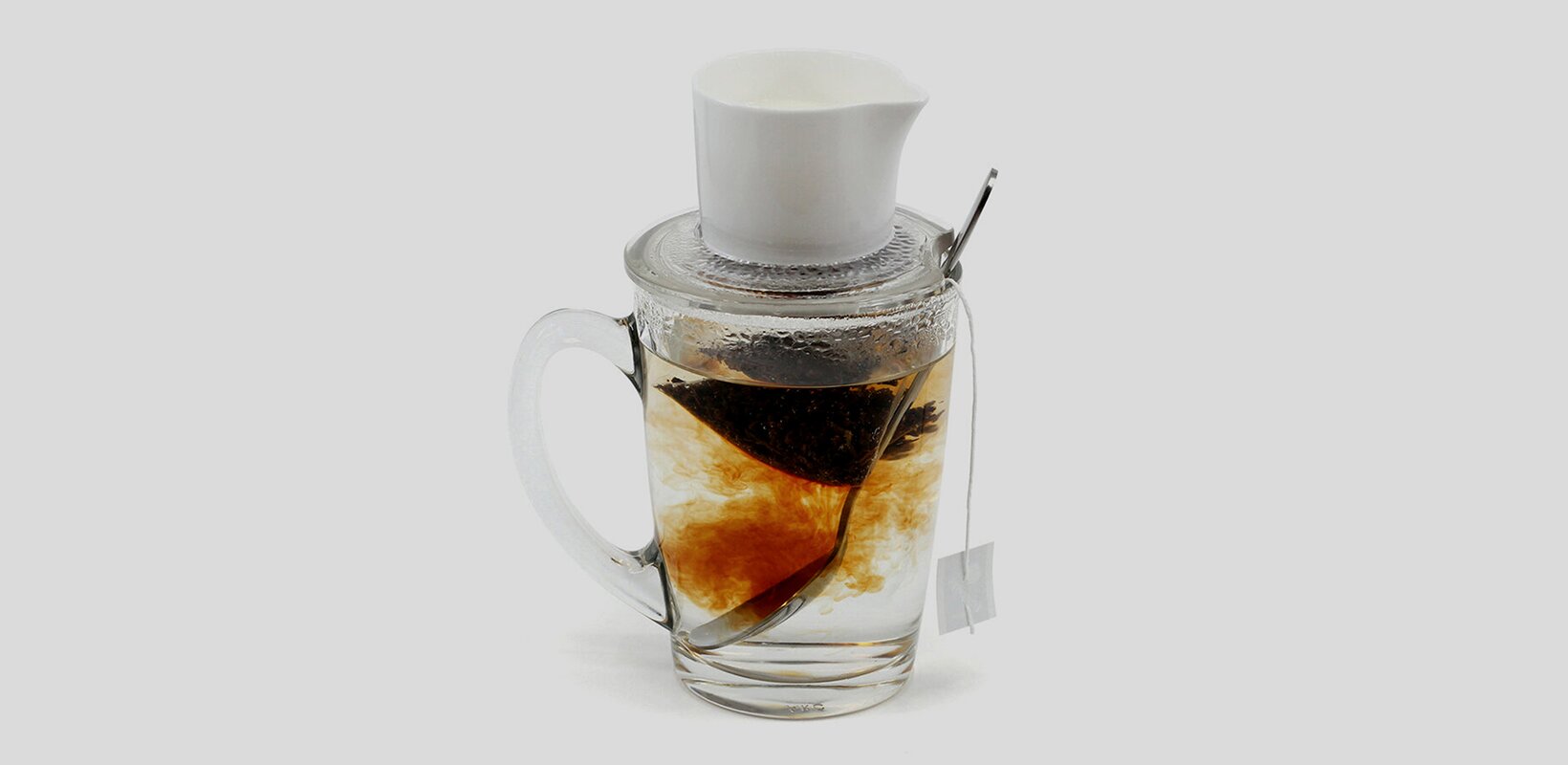
His invention consists of a clear mug with several features – a lid with a recess to hold a teaspoon and a facility to hold milk, lemon, and so on. It can be carried in one hand to the table; the lid can be flipped and docked next to the mug to hold the used bag, and then goes back on top of the mug to carry both back to the kitchen. There is a similar alternative version to hold loose leaf tea.
“Tea in a conventional opaque teapot changes in strength because the customer cannot tell how strong it is,” says the inventor. “An open mug and tea bag cannot provide ideal brewing conditions, because the liquid is open to the atmosphere and quickly cools. There is typically no means of cleanly disposing of the dripping, used tea bag.
“Teapy T-4-1 is an ‘infusion solution’, saving over 40% labour time and 70%-80% storage space compared to conventional teapot service.”
Suppliers
Farrer’s farrerscoffee.co.uk
FEA www.fea.org.uk
Hydracs espressoservice.co.uk
La Spaziale www.laspaziale.co.uk
La Cimbali www.cimbaligroup.com
Mad About Coffee www.madaboutcoffee.uk
Mahlkoenig brewitgroup.com
Perfect Moose brewitgroup.com
Teapy teapy.co.uk
Unic brewitgroup.com
Vendon espressoservice.co.uk



